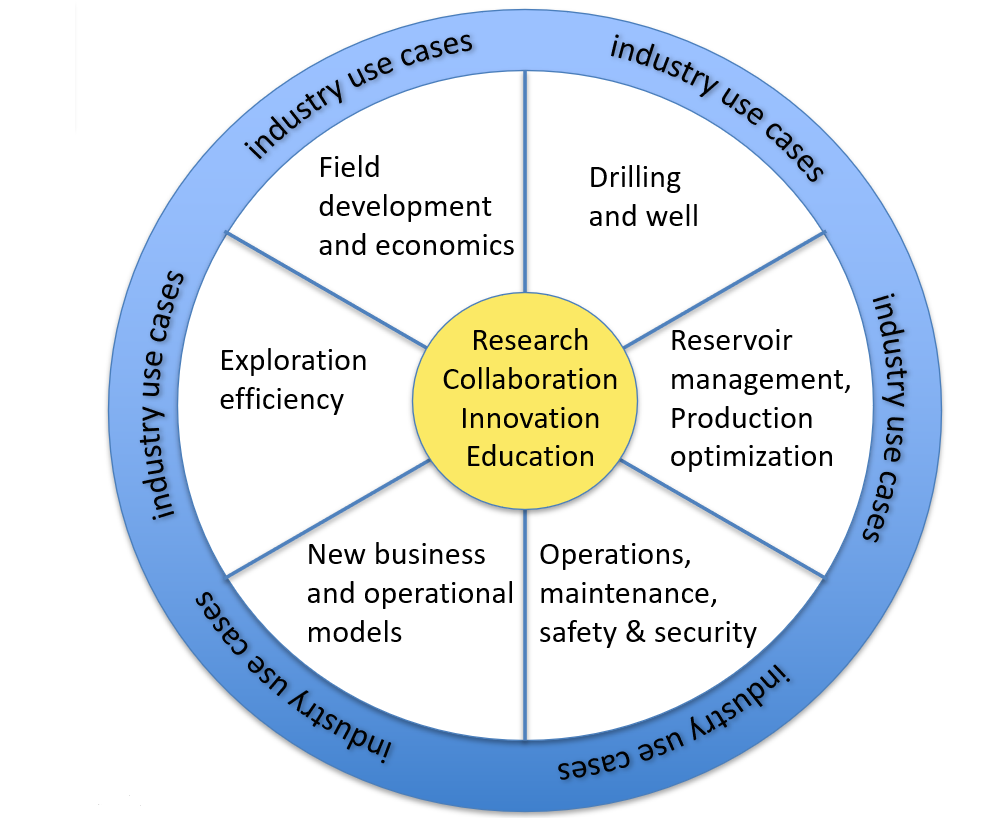Research
BRU21 Research
BRU21 Research
BRU21 research is focused on value creation for the the offshore energy industry. It couples NTNU expertise in digital and offshore energy (including oil and gas) domains with the expertise and data from program’s industrial partners to create novel digital and automation technologies with a business impact. The research program consists of PhD and PostDoc projects organized in six program areas. NTNU digital expertise is utilized across the program areas and projects. The BRU21 project portfolio consists of 46 PhD, PostDoc and Researcher projects.
Figure

BRU21 Program Areas
BRU21 Program Areas
Exploration efficiency
Exploration efficiency
Field development and economics
Drilling and well
Reservoir management and production optimization
Operations, maintenance, safety and security
New business and operational models
Featured videos
Featured videos
Digital transformation and organizational challenges
Program area: New business and operational models
Professor Per Morten Schiefloe
The necessity of digital transformation is widely acknowledged throughout the oil and gas industry.
Jørn Vatn presents a projects from one of PhD candidates
Program area: Operations, maintenance, safety and security
Professor Jørn Vatn
PhD Candidate Ewa Laskowska
Reliability of safety instrumented systems is crucial for safe operation. SINTEF and NTNU have over the years together with the industry developed method and data handbooks to support safety demonstrations, that is the so-called SIL analyses.

